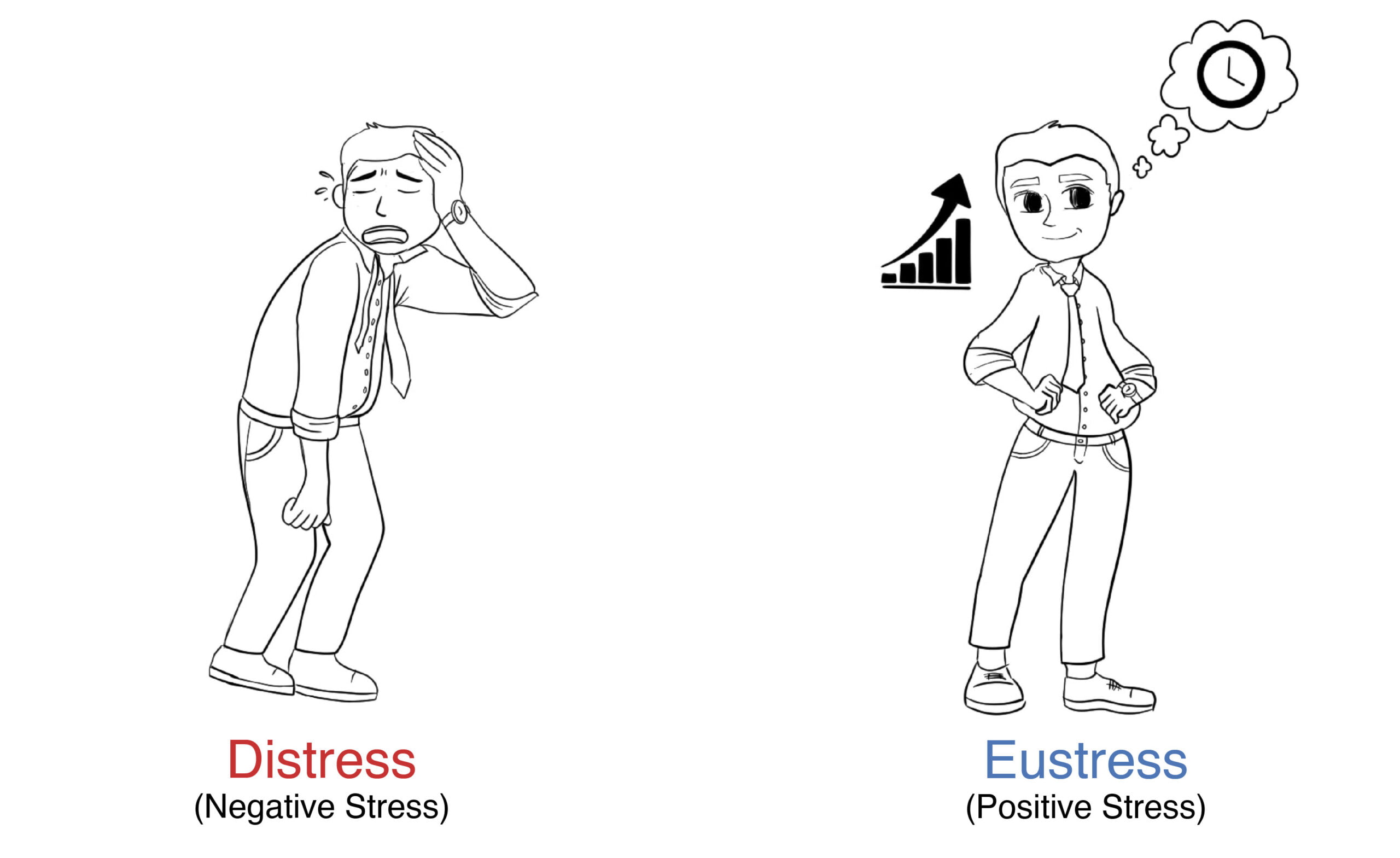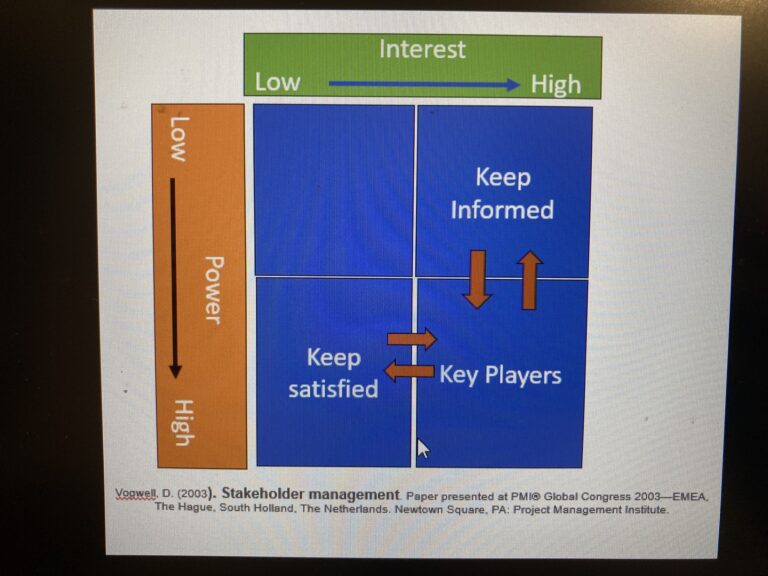Shortly after moving to Delhi, I was on the lookout for a meaningful way to start sharing my expertise. That is when I came across TARA, an NGO doing valuable work in child protection and empowerment.
Coming on board as a volunteer coach and consultant, I worked closely with the Operations team on enhancing their training programs for teenagers from vulnerable background. Together, we explored ways in which we could increase the effectiveness of these sessions. Using coaching questions as a prompt, the TARA team reflected on their audience’s perspective and brainstormed methods to incorporate their feedback into training programs.
Coming from at-risk backgrounds, most of the young people TARA works with are not naturally inclined to participate or offer their opinions. That is why I encouraged the team to have breaks for informal interaction and organize games during which the participants are asked for their input.[1] I am delighted to share that the team has been implementing some of these ideas with great success!
My latest and most rewarding contribution was to speak to a group of TARA teenagers who were preparing for their Board Exams and were thus feeling overwhelmed and anxious. In India, the Board Exams, which can play a key role in college admissions and future prospects, are a huge source of stress for many young people.
I started by showing them a video in Hindi, describing Board Exam stress and how to overcome it. After allowing a few minutes of reflection, I asked the kids to share their own perception of stress and their usual ways of dealing with it. We then talked about “beneficial stress” and how it could actually be used to improve performance. Many of these teens have been victims of abuse during their childhood, so a positive way to reframe stress can prove to be a very helpful tool for them.
During the discussion, some of the kids discovered that their habit of being “silly” and playing before the exams could in fact be a good strategy to cope with stress. What a pleasant surprise to learn that taking breaks from studying actually helps them better prepare for the exams!
Other kids felt encouraged to start using their stress wisely to mobilize their resources and energy. We talked about how confidence comes with practice, and discussed some practical ways to put these plans into action.
My foremost goal was to make the teenagers more aware of their emotions, so they could then learn how to regulate them. I am happy to say we were able to make a great start, with many of the kids acknowledging their stress and sharing their feelings. Hopefully, this discussion paved the road for the participants to better handle their emotions, cope with moments of distress, and achieve better results.
In today’s world, teens face an incredible amount of stress. And this is not just restricted to kids from vulnerable backgrounds or those preparing for critical exams. Worries around schoolwork and the juggling act between academics and extracurricular activities applies to teens from all backgrounds. Not only can ongoing worries affect a young person’s academic performance but also take a serious toll on their mental and emotional health.
Nadia, we have fleshed out this part a bit more and added some details to make it tie together — could you please review and see if it makes sense?



